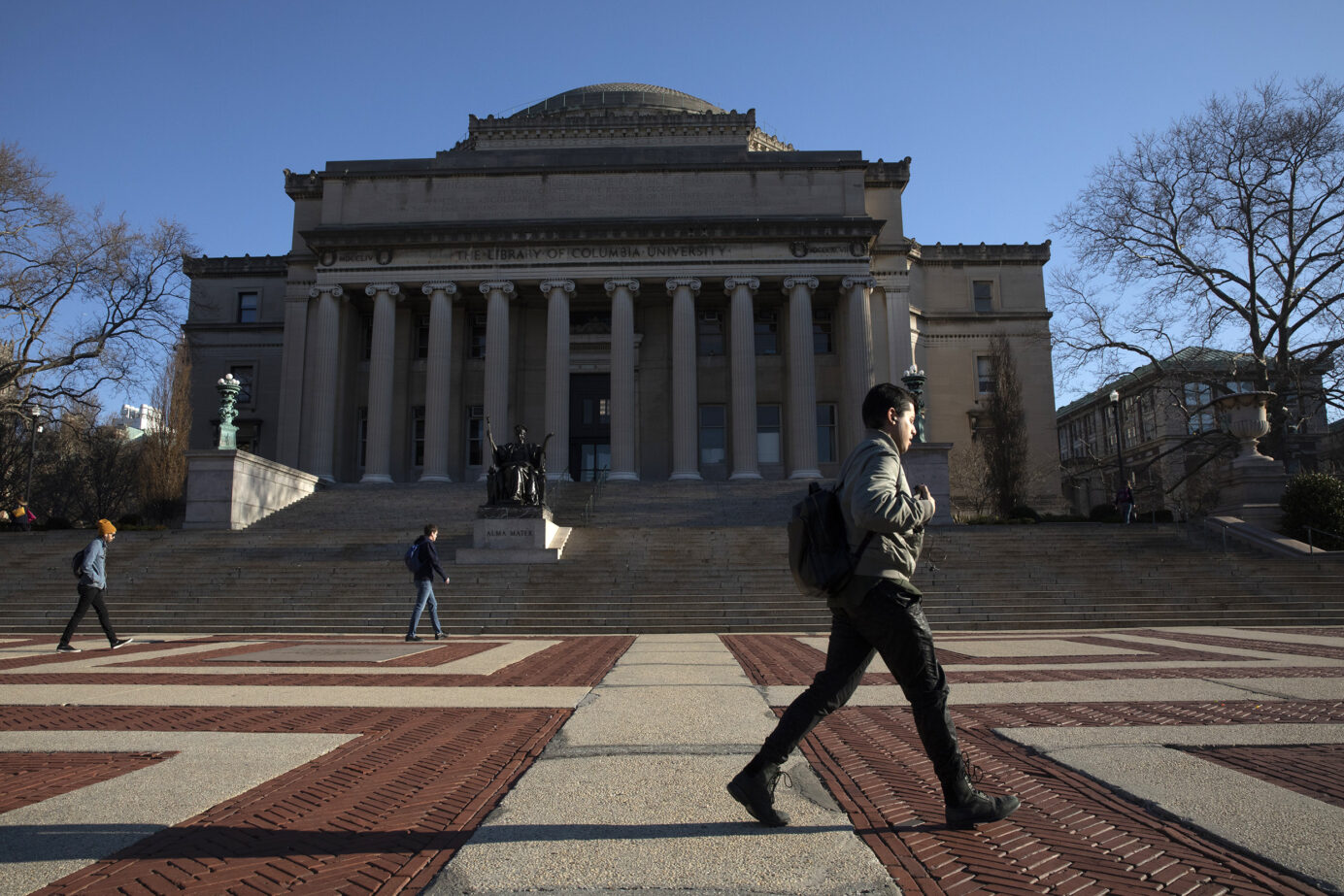Covid-19 Could Change College Admissions Forever

by Seth Kauffman ‘21
At a time of year when high school seniors are ordinarily overwhelmed with meeting college application deadlines, taking the SAT, and balancing rigorous academics, the coronavirus pandemic has further exacerbated these anxieties.
The spring and summer seasons leading up to fall application deadlines are a time for students to visit campuses, raise their standardized test scores, and cram in last-minute community service to boost their resumes. Because of the pandemic, those plans were put on hold, or thwarted altogether.
In June, The Harvard Graduate School of Education (HGSE) released a statement from over 300 admissions deans about what they are looking for in students’ applications this year. The Harvard Gazette then sat down with Richard Weissbroud, faculty director for the HGSE initiative Turning the Tide, to talk about this statement and how the coronavirus pandemic could permanently alter the college admissions process.
Weissbroud explains that there are two factors he believes deans should consider when reading applications now and in the future: equity and assessing context. Transcripts and rigorous coursework give a lot of weight to students’ applications, but it’s important to look at those in context. “For example, if a kid is taking care of a sick relative 20 hours a week or supervising a younger sibling .. and getting B’s and C’s, that’s really impressive and that’s often not captured in an application,” said Weissbroud.
Furthermore, in terms of equity, Common App’s new Covid-19 section of its application allows students to report the challenges they faced everyday during the pandemic, such as working to support their family or not having reliable internet access. Deans should reassure students that it “will only lead to a more positive review of their applications.”
Second, with so many schools adopting test-optional policies this admissions cycle, Weissbroud and other experts predict that this trend will carry into the future. “There’s already been a trend towards test-optional because more and more schools are recognizing some of the problems with standardized testing and some of the bias in there,” Jeremy Alder, founder and managing editor of College Consensus, told CNBC Make It.
Weissbroud sees the ongoing pandemic as a “laboratory moment” for college admissions where schools can try out different things and see which ideas work. Wealthier families have a leg up when it comes to the SAT/ACT because they can afford expensive tutors and other test-taking resources for their child, so schools should experiment with alternative forms of assessment that don’t favor privileged families.
However, Weissbroud concedes that “if you get rid of the SAT/ACT, affluent parents will just find other ways to game the system.” There’s no perfect solution when it comes to leveling the playing field, Weissbroud admits, but he suggests having students respond to short video prompts, conducting online interviews with students, and bringing in third parties to evaluate student work samples as possible options down the road.
In a September New York Times article, opinion columnist Frank Bruni spoke with Jeffrey Selingo, author of the book “Who Gets In and Why: A Year Inside College Admissions” to ask him about the impacts of Covid-19 on college admissions. Selingo contends that colleges will have no problem recruiting a class in the absence of standardized tests, and once they realize their world doesn’t come crashing down, this could become the norm. He believes the SAT has been “knocked off the pedestal permanently.”
Selingo makes the same prediction about each applicant’s “flamboyant multiplicity of clubs, causes, hobbies and other materials.” Since the pandemic has prevented students from cramming their applications with dozens of extracurricular activities, Selingo hopes that colleges will take this moment to acknowledge the ridiculousness of this practice.
Furthermore, students’ attitudes about college will change. Bruni anticipates that students will think more practically about choosing a school, focusing more on education and cost rather than the social appeal or campus allure. In his words, “the pandemic has soured the romance.”
The pandemic has forced colleges to adapt in many ways, from going test-optional, to pushing back deadlines—and while those adaptations were merely a survival instinct during unprecedented times, college admissions may never go back to pre-pandemic ways.